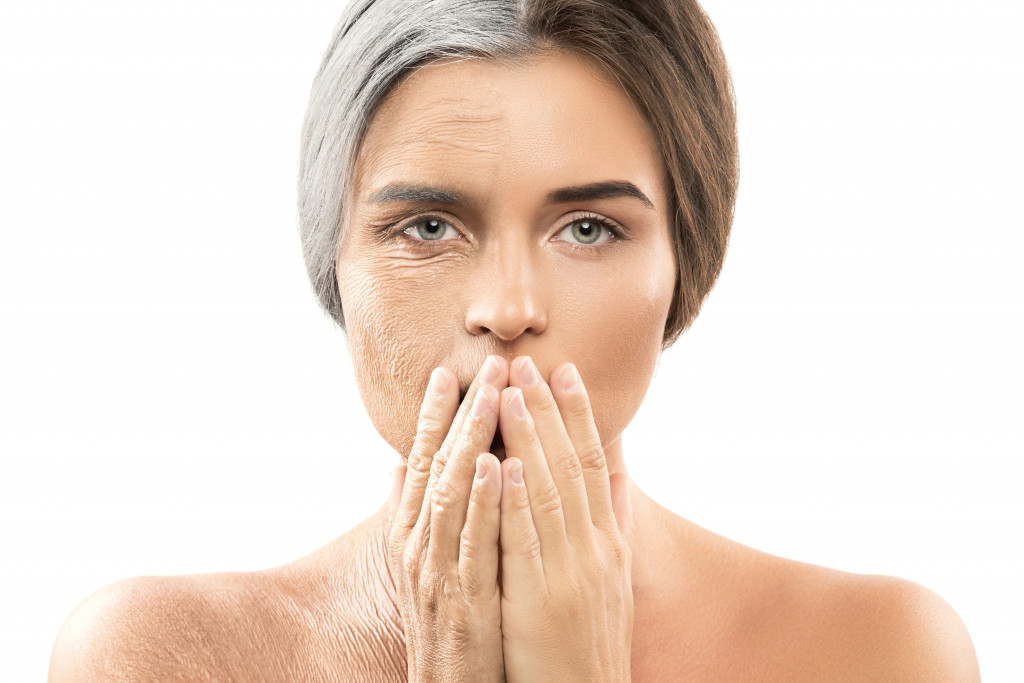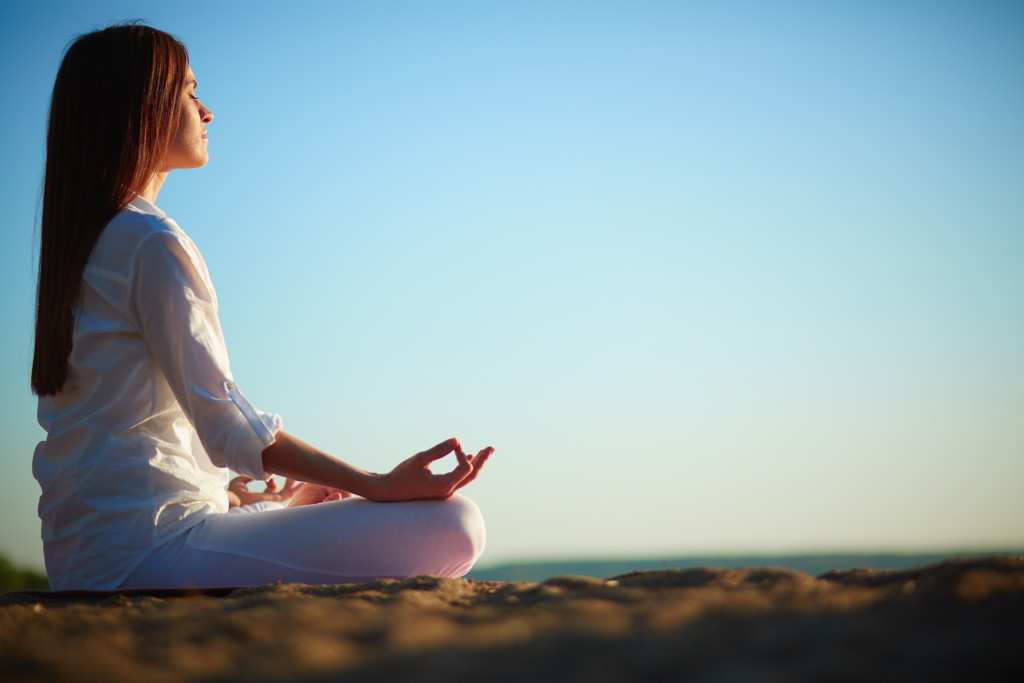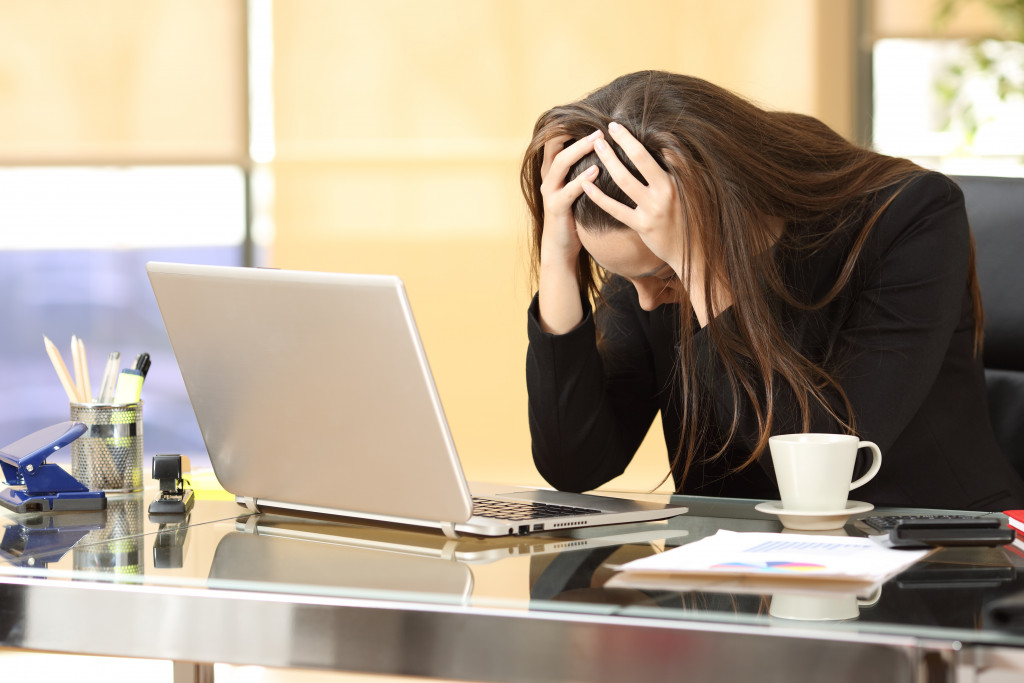- Anxiety, characterized by intense worry and persistent fear, is prevalent among women due to hormonal, societal, and genetic factors.
- Hormonal changes during the menstrual cycle, pregnancy, and menopause significantly contribute to anxiety among women.
- Societal pressures like body image standards and expectations can lead to overwhelm, guilt, burnout, and anxiety.
- Childhood trauma and genetic predispositions are other potential causes of anxiety disorders in women.
- Managing anxiety involves strategies like yoga, meditation, self-care, and talk therapy, leading to improved mental well-being.
Unfortunately, anxiety is a common mental health issue affecting millions of people worldwide. While anyone can experience anxiety, studies show that women are disproportionally affected. Women are twice more likely to suffer from anxiety disorders than men. Anxiety can be debilitating and impact many aspects of our lives, including relationships, work, and overall mental health. Here’s what you need to know about anxiety, why it’s common among women, and ways to prevent it.
What is Anxiety?
Anxiety can be described as intense worry, fear, or unease about an upcoming event or uncertain outcome. It is more than just worrying a little bit; it’s when that worry becomes overwhelming and affects our day-to-day lives. Common signs and symptoms of anxiety include difficulty sleeping, restlessness, racing thoughts, increased heart rate, and difficulty concentrating. It can be challenging to manage, but there are treatment options available.
Why is Anxiety Common Among Women?
Research shows that women experience a higher prevalence of anxiety than men, particularly during certain times such as adolescence and menopause. Here are some reasons why:

Hormonal Differences
One of the reasons why anxiety is more common among women is due to hormonal differences. Hormonal changes throughout the menstrual cycle, pregnancy, and menopause can all contribute to anxiety symptoms. For example, premenstrual syndrome (PMS) can cause anxiety, depression, and mood swings. During pregnancy, women are more likely to experience anxiety due to concerns about their baby’s health, and postpartum depression is widespread. Hormonal fluctuations during menopause have also been shown to cause anxiety in women.
Social Pressures
Women face many societal pressures that can contribute to anxiety, such as body image standards, romantic relationships, and the expectations of others. Women have traditionally been expected to be caretakers in their personal and professional lives, which can lead to feelings of overwhelm, guilt, and burnout. The stress of juggling multiple roles and responsibilities can lead to anxiety and depression.
Childhood Trauma
Traumatic experiences during childhood, such as sexual abuse, domestic violence, or neglect, can have long-lasting effects on a person’s mental health, including anxiety. Women are more likely than men to experience sexual violence, which can lead to post-traumatic stress disorder (PTSD) and other anxiety disorders. Unfortunately, many women do not receive the help and support they need to heal from these traumas, leading to increased anxiety symptoms.
Genetics
Studies suggest that anxiety disorders may have a genetic component. Women may be more likely to inherit anxiety disorders from their parents, as a study found that women with a family history of anxiety were three times more likely to suffer from an anxiety disorder. Researchers have also discovered that genes linked to estrogen and other reproductive hormones are associated with anxiety.
Preventing Anxiety
You must prevent anxiety, and there are various strategies to prevent it. Here are four ways to do that:
Yoga
One of the best ways to reduce anxiety is through yoga. Practicing this ancient form of exercise can help reduce stress, improve mood, and increase self-awareness. Regularly attending yoga classes or doing home yoga practices can reduce anxiety symptoms and help promote physical and mental well-being. You can embark on your wellness journey by joining a yoga class. The class will provide guidance and support while allowing you to practice mindfulness and relaxation.

Meditation
Meditation is another excellent way to reduce anxiety. Practicing this form of relaxation can help clear your mind, improve concentration, and reduce stress levels. While there are many types of meditation, the most important thing is finding one that works for you. Guided meditations are a great way to get started, as they provide structure and support.
Self-Care
Self-care is an integral part of managing anxiety. Activities such as taking hot baths, reading a book, or spending time outdoors can help reduce stress levels and improve mood. Getting enough sleep and eating a healthy, balanced diet is also important. Taking time out of your day to focus on yourself can help reduce anxiety and promote overall well-being.
Talk Therapy
Talk therapy is another effective way to manage anxiety symptoms. Working with a trained professional can provide valuable insight into why you are experiencing anxiety and how to best cope with it. Cognitive Behavioral Therapy (CBT) is a type of talk therapy that can help you identify negative thought patterns and replace them with more positive ones. Working with a therapist can also provide support and guidance during difficult times.
Anxiety can be overwhelming, but there are ways to reduce symptoms and take control of your mental health. Practicing yoga, meditation, self-care, and talking to a professional can all help reduce anxiety and promote overall well-being. If you think you are suffering from anxiety, don’t hesitate to contact your doctor or a mental health provider. With the right guidance and support, managing your anxiety symptoms and living a more fulfilling life is possible.

